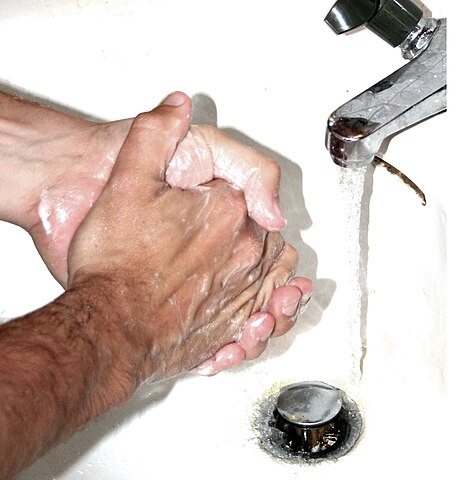Aerococcus urinae is a type of bacteria that can sometimes cause urinary tract infections (UTIs) and other infections, primarily in older adults or individuals with certain underlying medical conditions. Here are some prevention and treatment strategies for managing Aerococcus urinae infections:
Prevention:
Hygiene and Urinary Health:
- Maintain good personal hygiene, including regular handwashing and perineal care.
- Wipe from front to back after using the toilet to prevent bacteria from the anal area from entering the urethra.

- Stay hydrated by drinking plenty of water to help flush bacteria out of the urinary tract.
Catheter Care:
- If you use a urinary catheter, follow strict hygiene practices when inserting and maintaining the catheter to reduce the risk of infection.
Avoid Unnecessary Catheterization:
- Minimize the use of indwelling urinary catheters whenever possible, as they can increase the risk of urinary tract infections, including those caused by Aerococcus urinae.
Prophylactic Antibiotics:
- In some cases, particularly for individuals at high risk of recurrent UTIs, prophylactic antibiotics may be considered. However, this approach should be discussed with a healthcare provider, as overuse of antibiotics can lead to antibiotic resistance.
Treatment:
Antibiotics:
- The primary treatment for Aerococcus urinae infections is a course of antibiotics. The choice of antibiotics will depend on the specific strain and its sensitivity to drugs.
- Commonly used antibiotics for treating Aerococcus urinae UTIs include amoxicillin, nitrofurantoin, and trimethoprim-sulfamethoxazole. The specific antibiotic should be determined by a healthcare provider based on the sensitivity of the bacteria.
Duration of Treatment:
- The duration of antibiotic treatment can vary depending on the severity of the infection. It’s essential to complete the full course of antibiotics, even if symptoms improve, to ensure the bacteria are completely eradicated.
Recurrent Infections:
- Some individuals may experience recurrent Aerococcus urinae infections. In such cases, further evaluation by a healthcare provider may be necessary to identify and address underlying risk factors, such as anatomical abnormalities, urinary retention, or other medical conditions.
Underlying Conditions:
- If an individual has underlying medical conditions contributing to recurrent UTIs (e.g., diabetes, kidney stones, or bladder dysfunction), addressing and managing these conditions may help prevent future infections.
Follow-Up:
- After completing antibiotic treatment, follow up with a healthcare provider to ensure the infection has cleared and to discuss any further steps to reduce the risk of recurrence.
It’s important to note that the management of Aerococcus urinae infections should be personalized to each individual’s specific circumstances. If you suspect a UTI or have recurrent infections, consult with a healthcare provider for proper diagnosis and treatment. Additionally, it’s crucial to follow their guidance for prevention and treatment to minimize the risk of complications and recurrent infections.












